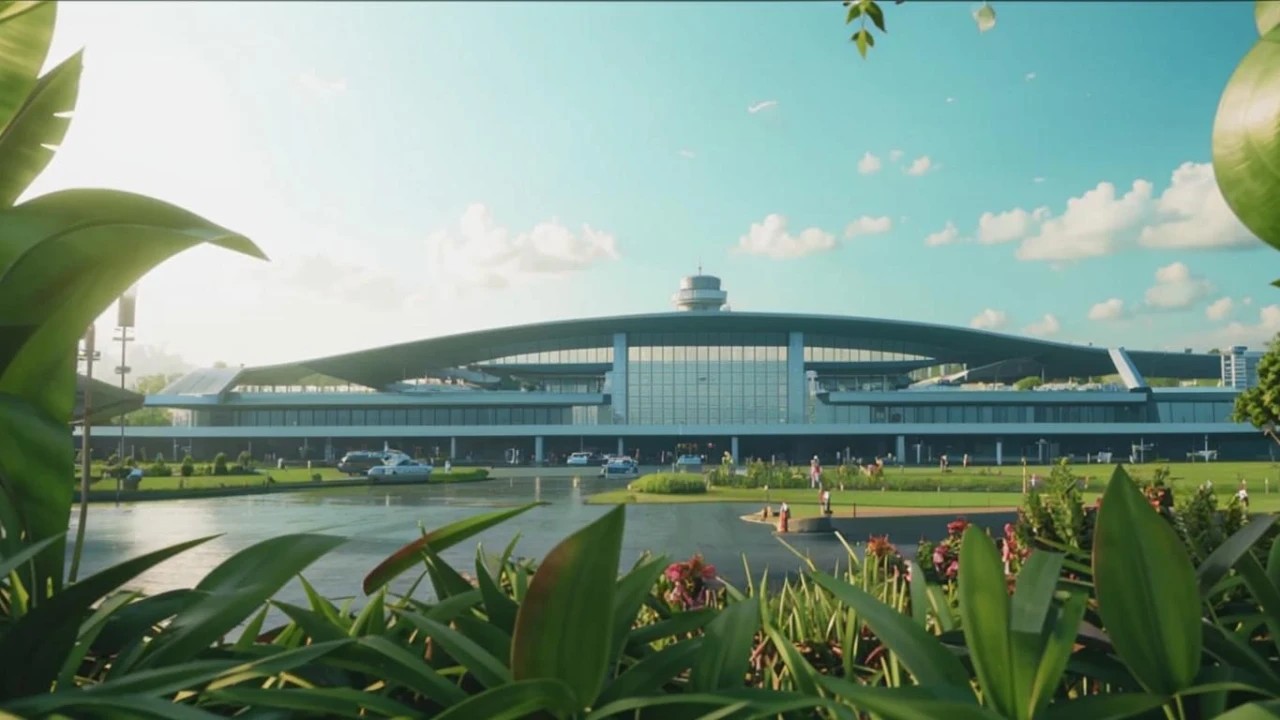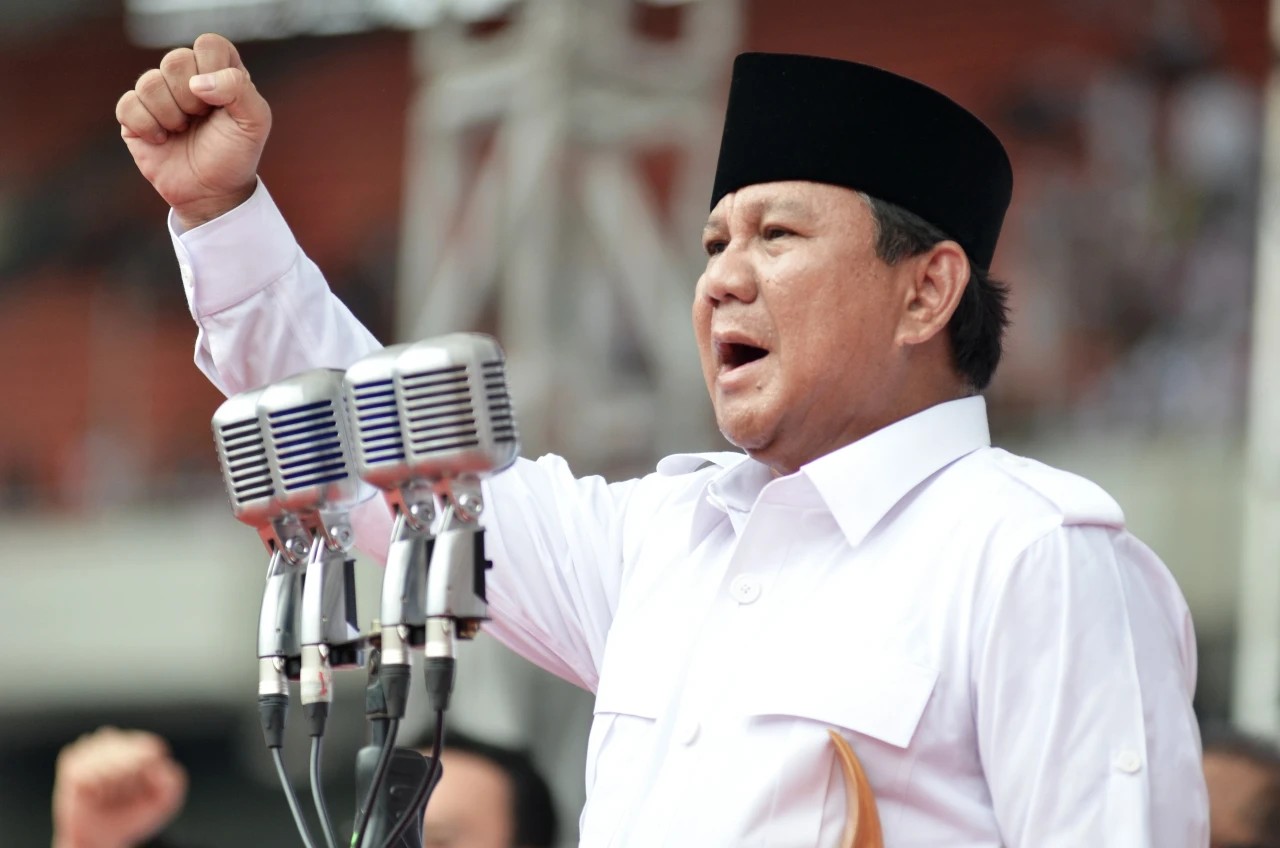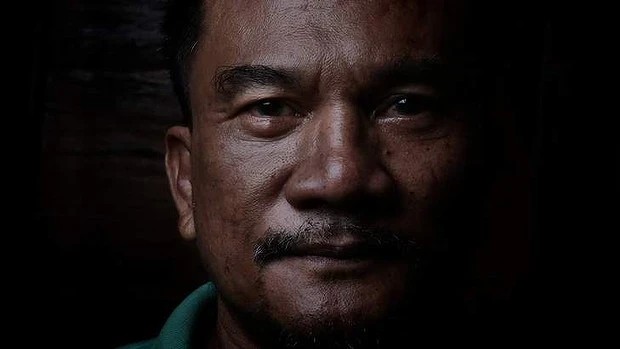
Indonesian President Prabowo Subianto declared that all forms of corruption in Indonesia must come to an end. According to reports, the President’s voice grew louder, almost to a shout, as he delivered these words. He emphasized that there would be no tolerance for corruption among government officials.
“The Red-and-White Cabinet, the government I lead, will have zero tolerance for corruption, theft, and embezzlement. Stop! Stop! Stop! Stop!” exclaimed Prabowo.
He noted that leaks caused by corruption, online gambling, smuggling, fraud, and deceit have led to significant national wealth being wasted, preventing it from benefiting the people. Prabowo’s administration is determined to address the situation.
“I’ve seen the numbers and have worked extensively with my ministers. We have a strategy, and I believe we can fix this,” he stated.
According to Transparency International’s 2023 Corruption Perception Index, Indonesia scored 34 out of 100, ranking 115th out of 180 countries. By comparison, the global average score is 43. The country’s Corruption Eradication Commission (KPK) investigates and prosecutes corruption crimes, but its efforts face political pressure and legal constraints, making the fight against corruption challenging.
Eradicating or significantly reducing corruption is a major goal for any government. However, the systemic nature of corruption in Indonesia, along with its social acceptance, poses significant challenges. Corruption permeates all levels of society, and individuals who condemn corrupt officials often see no issue in bribing the police, paying for their child’s exam, or offering kickbacks to regulatory authorities in business. It’s seen as “the way things work.”
The problem extends beyond harsh punishments for offenders. There must be a shift in social attitudes toward corruption. People need to feel ashamed of such actions, and society must offer only condemnation. Achieving such cultural change is no small task.
Nepotism is another issue in Indonesia, where officials elevate relatives and friends, creating a strong culture of favoritism and reducing competence in governance. This affects the quality of decision-making, including decisions aimed at combating corruption.
Can Indonesia defeat corruption within Prabowo’s four-year presidential term? A radical overhaul is unlikely, but every journey begins with a single step. In 1959, Singapore’s visionary leader Lee Kuan Yew declared war on corruption and succeeded, although noticeable results emerged only after 10-15 years.
Countries like China and South Korea have also tackled corruption with notable outcomes. In South Korea, sending former presidents to prison for corruption has become almost a national tradition. In China, corrupt officials still face the death penalty, and hundreds of thousands of cases are prosecuted annually.
Hopefully, President Prabowo’s plan will prove effective, and Indonesia will achieve results as successful as its neighbor Singapore.
Sources: infodenpasar, antara



You can add one right now!